
Classification of Self- Journey
Self-Awareness:
Knowing and understanding yourself, including your thoughts, feelings, and behaviours.
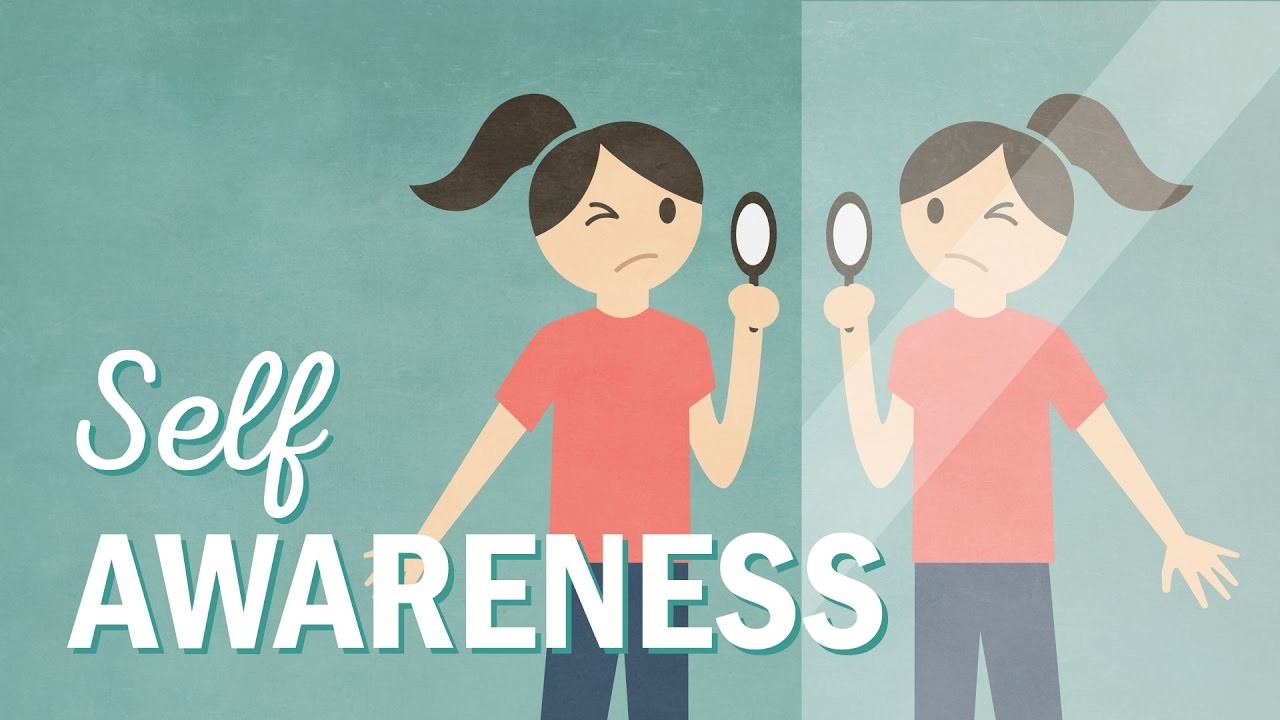
TACTICS
- Practice mindfulness and being present in the moment
- Seek feedback from others and be open to constructive criticism
- Keep a journal to reflect on your thoughts and feelings
- Take personality tests or assessments to better understand your tendencies and preferences
- Engage in self-reflection and introspection regularly
Self-Analysis:
Evaluating your strengths, weaknesses, and behaviours to improve your overall self-awareness.
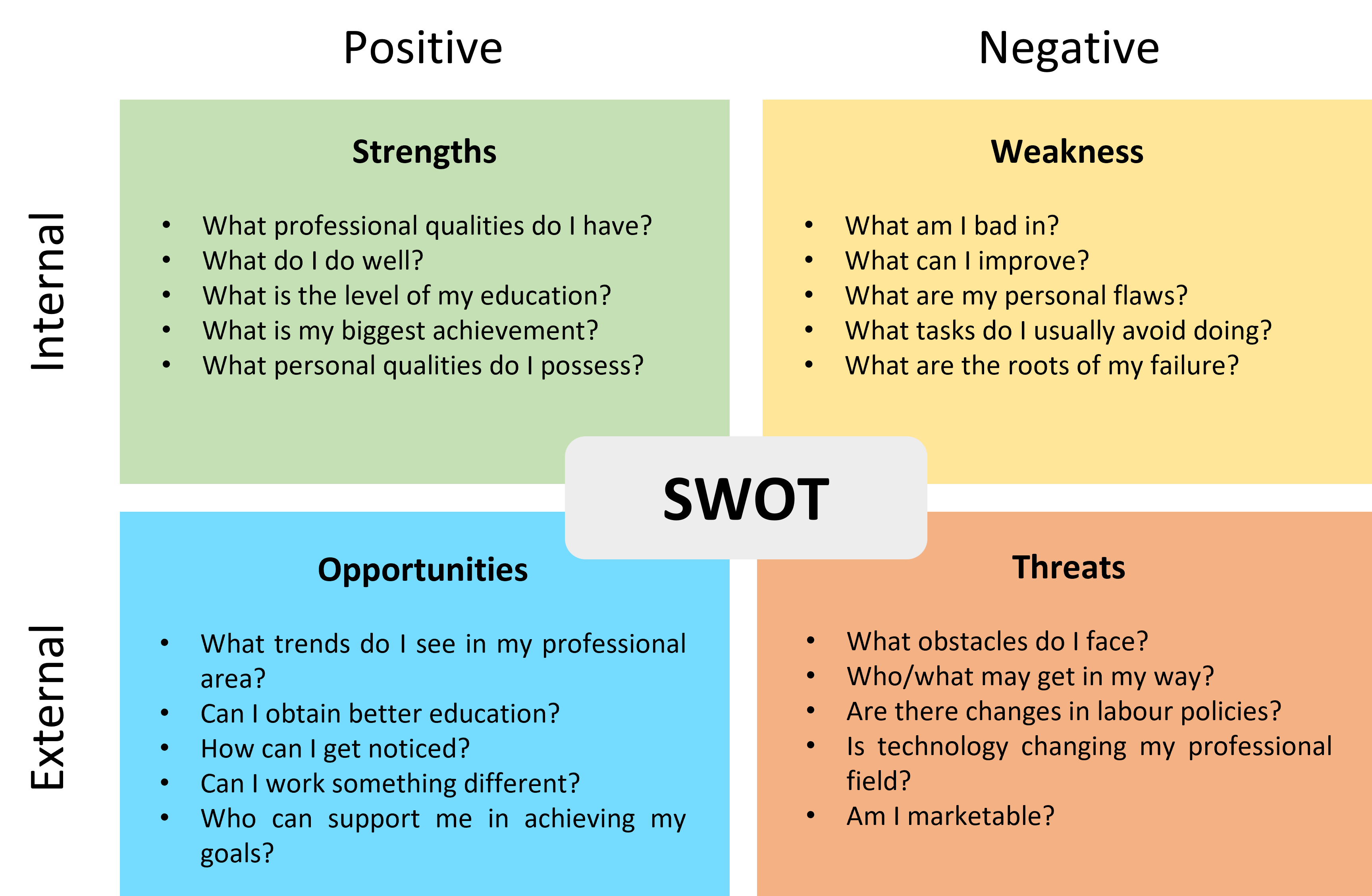
TACTICS
- Set clear goals for yourself and regularly assess your progress towards them
- Identify your strengths and weaknesses and work on improving them
- Identify your limiting beliefs and work on overcoming them
- Use critical thinking skills to analyse situations and make informed decisions
Self-Acceptance:
Recognizing and accepting all aspects of yourself, both positive and negative.
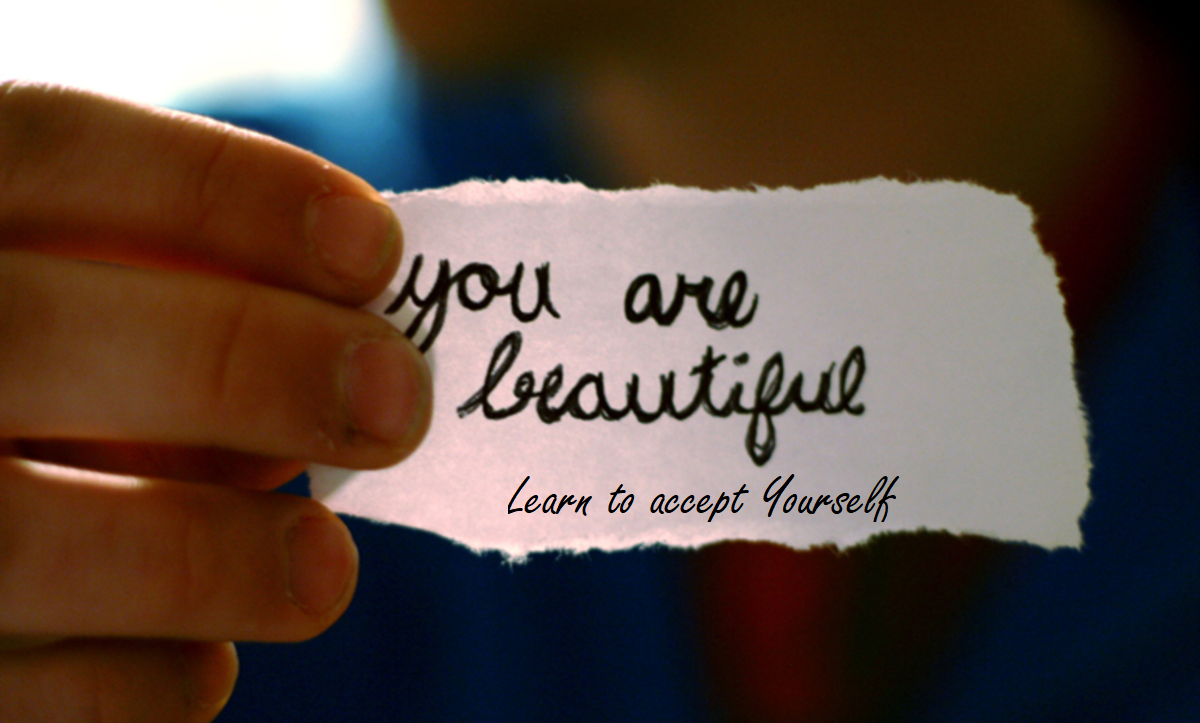
TACTICS
- Practice self-compassion and be kind to yourself
- Focus on your strengths and accomplishments rather than your weaknesses
- Recognize that everyone makes mistakes and learn to forgive yourself
- Challenge negative self-talk and replace it with positive affirmations
Self-Compassion:
Treating yourself with kindness, understanding, and empathy, especially during difficult times.
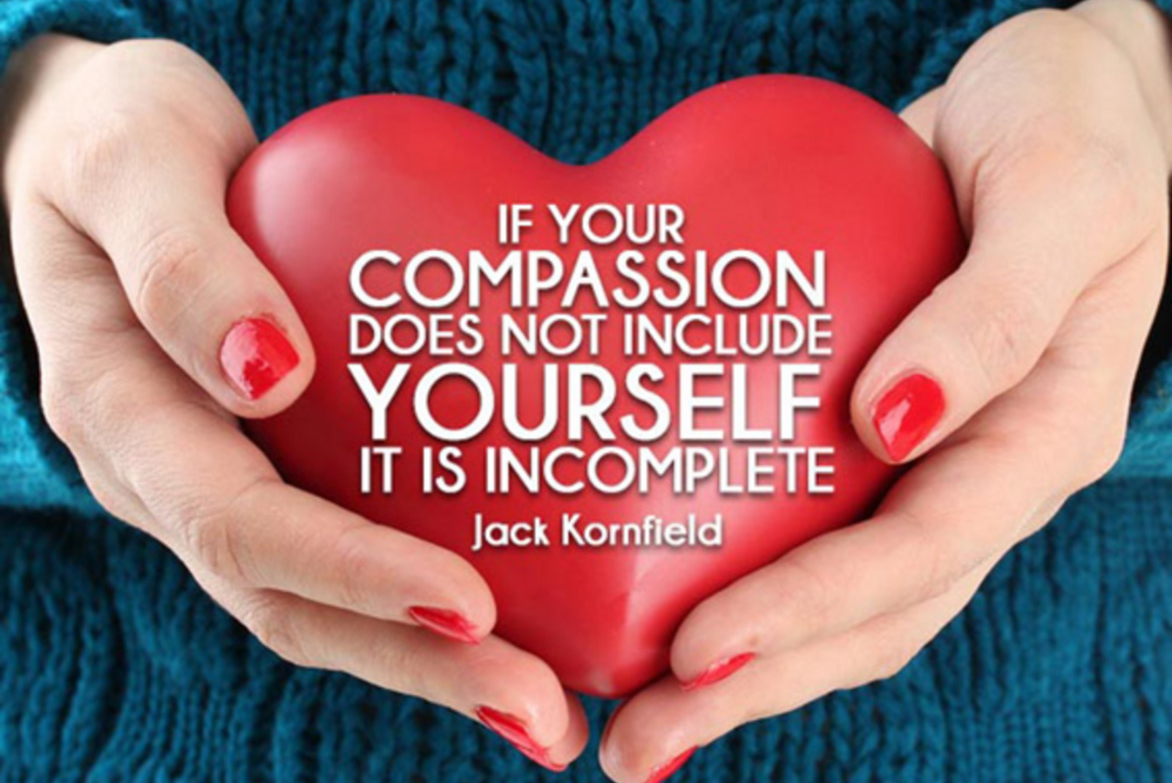
TACTICS
- Practice self-care and make time for activities that bring you joy
- Practice forgiveness towards yourself and others
- Treat yourself with kindness and understanding
- Learn to let go of perfectionism and accept imperfections
Self-Reflection:
Examining your thoughts, feelings, and behaviours to gain insight and understanding.

TACTICS
- Regularly reflect on your experiences and what you learned from them.
- Identify patterns in your behaviour and make necessary changes.
- Use a gratitude journal to reflect on what you're grateful for.
- Regularly assess your progress towards your goals and adjust as needed.
Self-Discovery:
Exploring new aspects of yourself, your values, and your interests.

TACTICS
- Try new things and step outside of your comfort zone.
- Engage in self-reflection and introspection to better understand your values and beliefs.
- Learn about your personality type and preferences.
- Seek new experiences and learning opportunities.
Self-Identity:
Defining and understanding your sense of self and who you are as an individual.

TACTICS
- Reflect on your values and beliefs and how they shape your identity.
- Surround yourself with people who support and accept your identity.
- Express your authentic self through your actions and words.
- Learn to let go of societal expectations and be true to yourself.
Self-Image:
How you see yourself and your appearance, including your physical, emotional, and social self.

TACTICS
- Practice positive self-talk and focus on your strengths and accomplishments.
- Dress in a way that makes you feel confident and comfortable.
- Practice good hygiene and self-care to feel good about your physical appearance.
- Avoid comparing yourself to others and focus on being the best version of yourself.
Self-Care:
Engaging in activities that promote physical, emotional, and mental well-being.
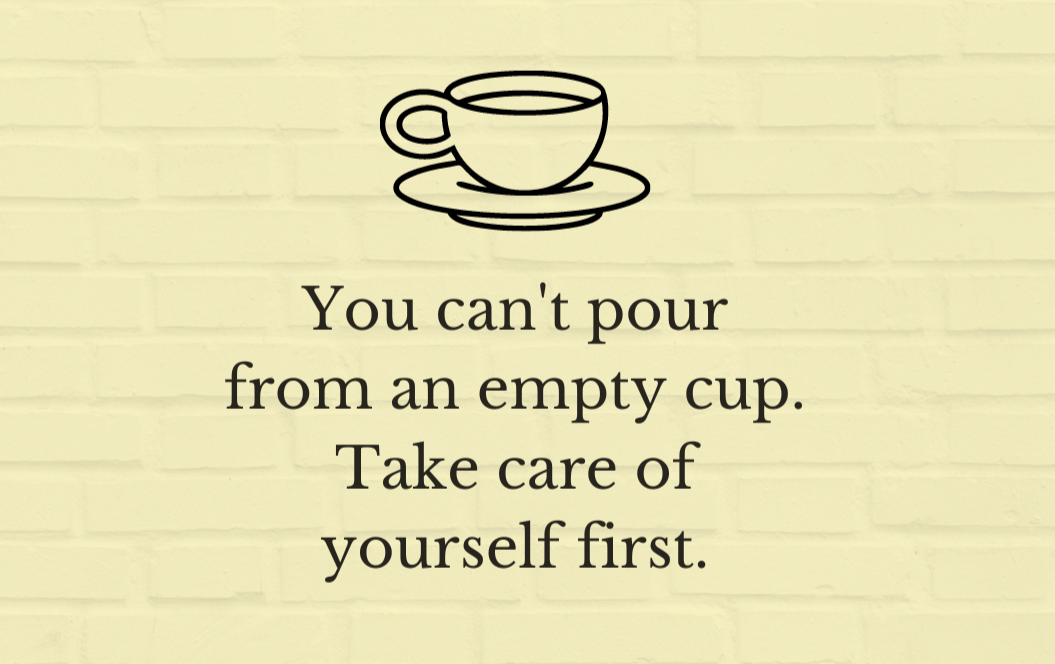
TACTICS
- Make time for activities that bring you joy and relaxation.
- Practice good sleep hygiene and get enough rest.
- Eat a balanced and healthy diet.
- Take care of your physical, emotional, and mental health.
Self-Respect:
Treating yourself with dignity, respect, and honour, and setting boundaries to protect yourself.
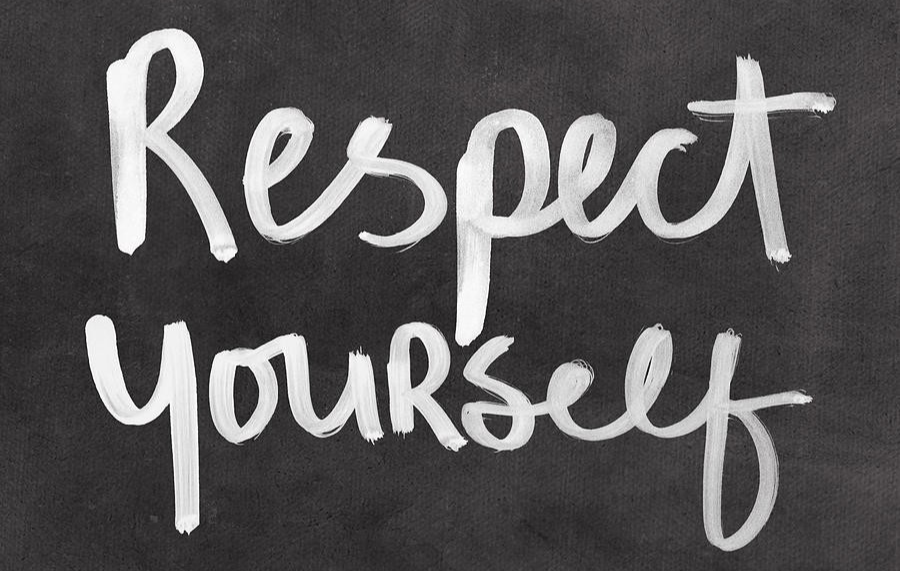
TACTICS
- Set healthy boundaries and communicate them to others.
- Practice self-care and prioritize your needs.
- Avoid people who disrespect you or bring you down.
- Treat yourself with kindness and respect.
Self-Motivation:
The drive and energy to pursue and achieve your goals and aspirations.

TACTICS
- Set clear goals for yourself and create a plan to achieve them.
- Break down larger goals into smaller, achievable steps.
- Celebrate your successes and reward yourself for progress.
- Surround yourself with supportive and motivating people.
Self-Determination:
The ability to make your own choices and take control of your own life

TACTICS
- Develop a strong sense of purpose and vision for your life.
- Practice perseverance and resilience in the face of challenges.
- Focus on your strengths and find ways to use them to achieve your goals.
- Believe in yourself and your ability to achieve your goals.
Self-Discipline:
The ability to control your thoughts, feelings, and behaviours in pursuit of your goals.
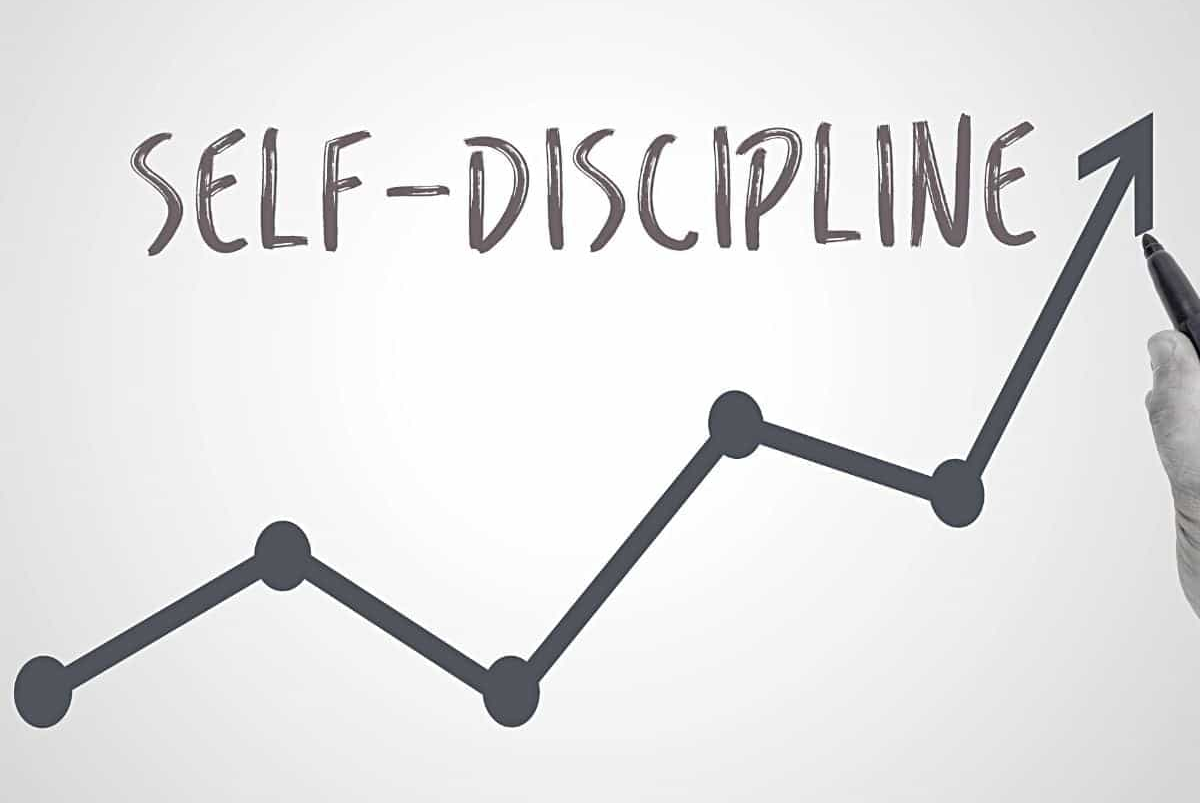
TACTICS
- Set clear boundaries and rules for yourself.
- Develop healthy habits and routines.
- Avoid procrastination and stay organized.
- Practice self-control and delay gratification for long-term goals.
Self-Regulation:
Managing your emotions and behaviours to maintain balance and well-being.
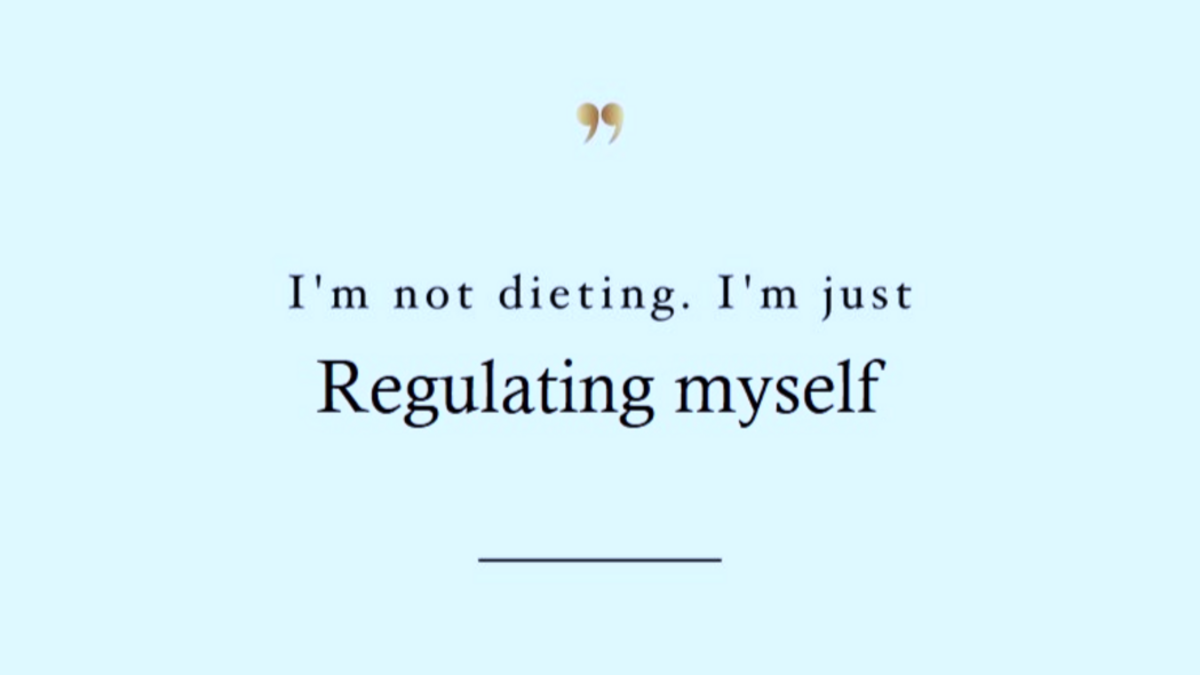
TACTICS
- Practice mindfulness and being present in the moment.
- Develop emotional intelligence and learn to regulate your emotions.
- Identify and avoid triggers that cause negative behaviours or emotions.
- Reframe negative thoughts or situations in a more positive or neutral light.
Self-Esteem:
Your overall sense of self-worth and self-respect

TACTICS
- Practice positive self-talk and focus on your strengths and accomplishments.
- Celebrate your successes and progress.
- Surround yourself with positive and supportive people.
- Work on developing a healthy sense of self-worth and self-respect.
Self-Confidence:
The belief in your own abilities and talents.

TACTICS
- Practice self-affirmations and positive self-talk
- Identify your strengths and develop them further
- Engage in activities that challenge you and help you grow
- Visualize success and believe in your abilities
Self-Evaluation:
Assessing your own progress and performance towards your goals.

TACTICS
- Regularly assess your progress towards your goals and adjust as needed
- Seek feedback from others and be open to constructive criticism
- Identify areas where you need improvement and work on developing those skills
- Celebrate your successes and progress towards your goals
Self-Realization:
Achieving a deep and profound understanding of yourself and your purpose in life.

TACTICS
- Engage in self-reflection and introspection to better understand your values, beliefs, and purpose
- Set clear goals for yourself and work towards achieving them
- Identify your strengths and use them to make a meaningful impact in the world
- Develop a strong sense of self-awareness and live authentically
Self-Doubt:
The lack of confidence in yourself and your abilities.

TACTICS
- Challenge negative self-talk and replace it with positive affirmations
- Focus on your strengths and accomplishments rather than your weaknesses
- Surround yourself with positive and supportive people who believe in you
- Engage in activities that help build your confidence and self-esteem
Self-Criticism:
Being overly harsh or negative towards yourself, often leading to feelings of inadequacy or low self-esteem.

TACTICS
- Challenge negative self-talk and replace it with positive affirmations
- Practice self-compassion and be kind to yourself
- Identify the root causes of your self-criticism and work on overcoming them
- Focus on your accomplishments and progress towards your goals
Self-Destruction:
Engaging in behaviours that are harmful to your physical, emotional, or mental well-being.
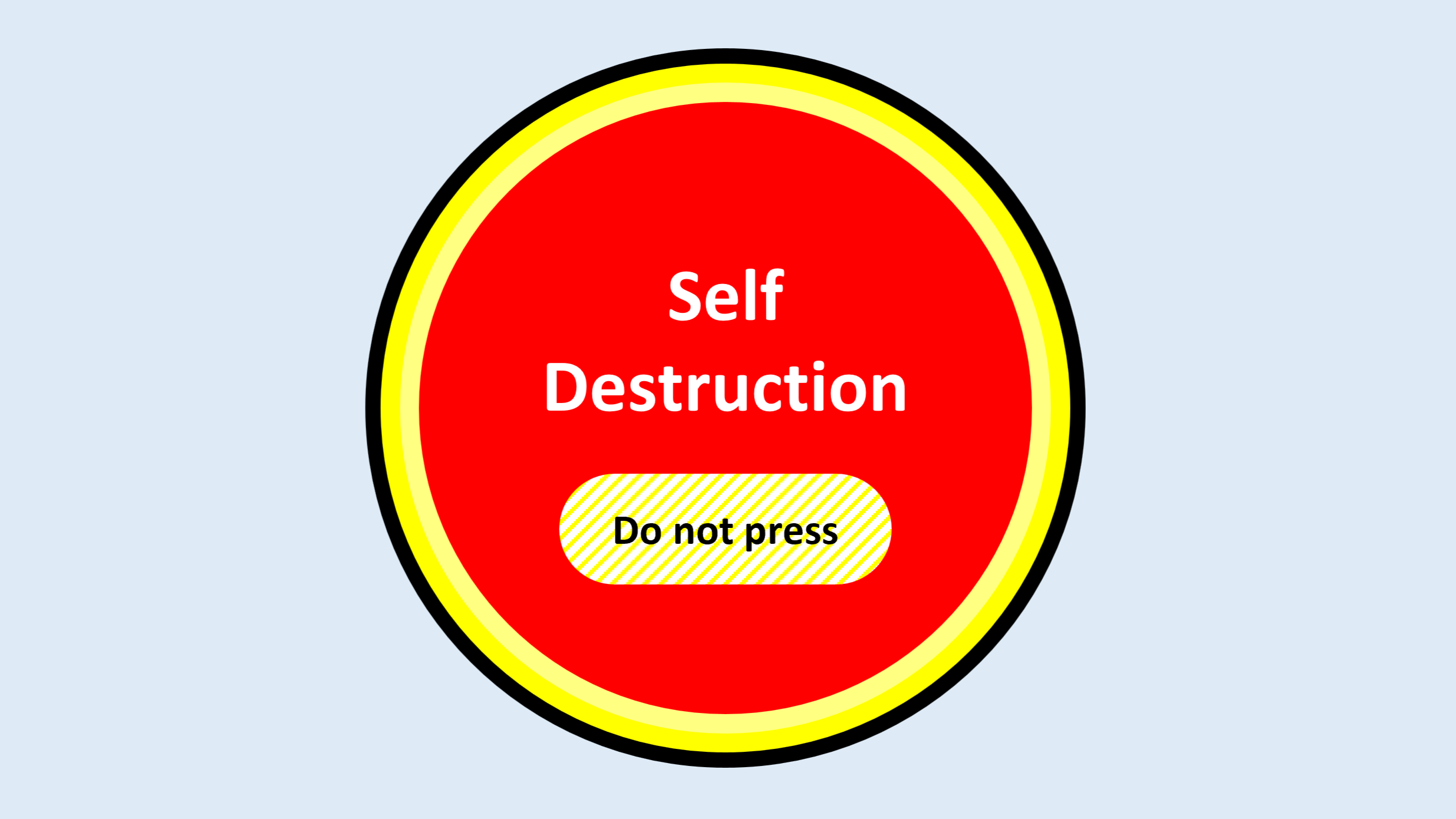
TACTICS
- Identify the negative behaviours or patterns that are harming you and work on overcoming them
- Practice self-compassion and forgiveness towards yourself
- Surround yourself with positive and supportive people who can help you make positive changes
- Seek professional help if needed
Self-Centred:
Being excessively focused on oneself and one's own needs, often at the expense of others.

TACTICS
- Practice empathy and consider other people's perspectives
- Make an effort to listen to others and show genuine interest in their lives
- Practice gratitude and focus on the positive things in your life
- Develop a strong sense of self-awareness and learn to balance your own needs with the needs of others.